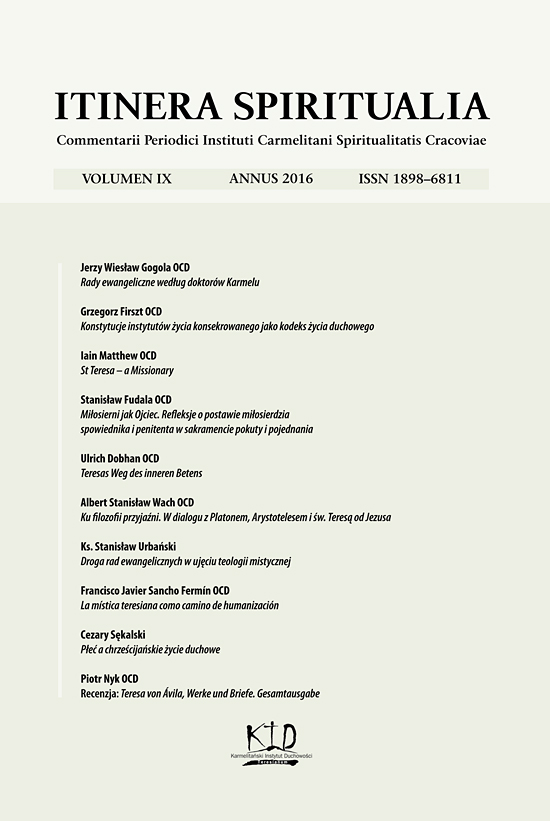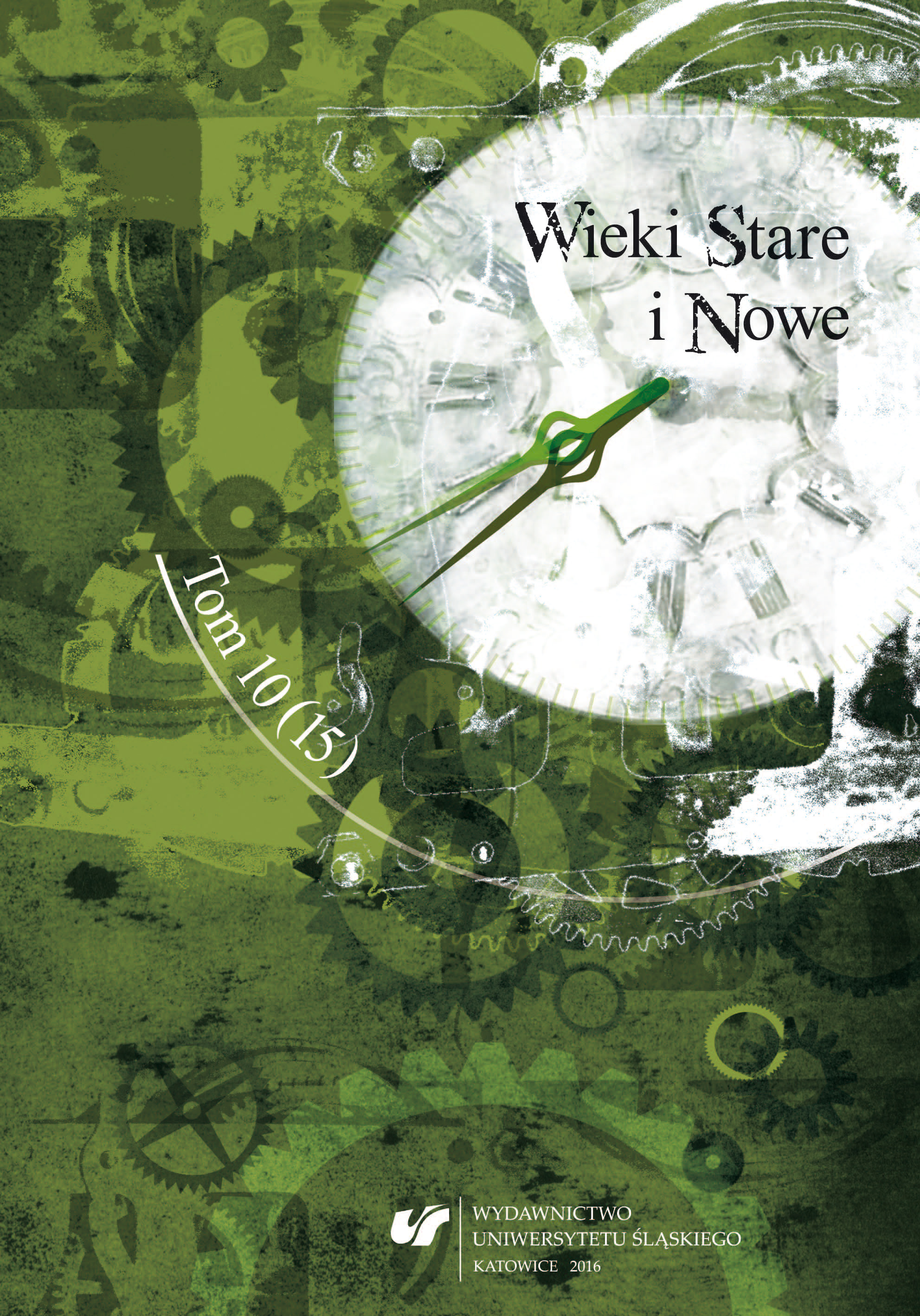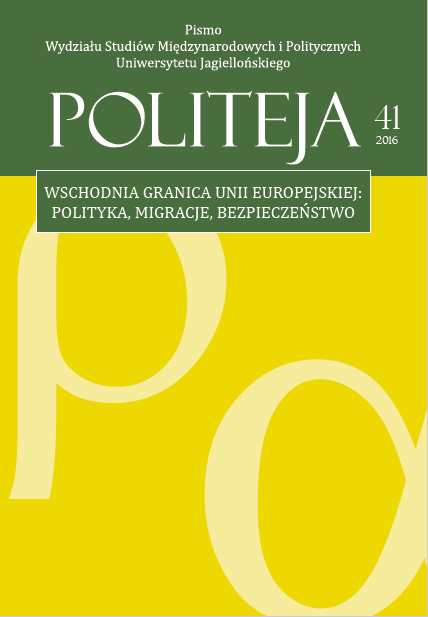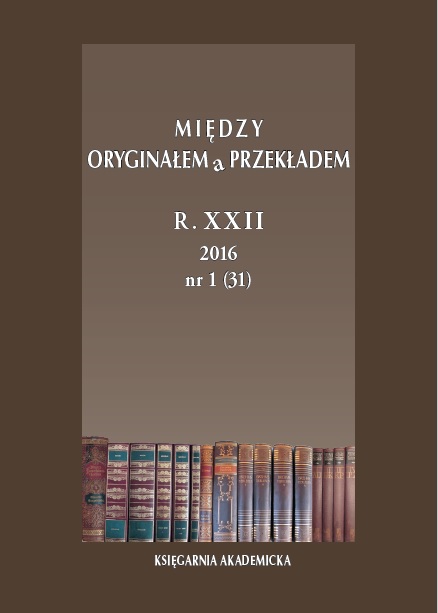Author(s): Robert Kołodziej / Language(s): Polish
Issue: 10/2016
The question of further financing the war or of making peace with the sultan prompted the king to call a parliament session in late 1693 in Warsaw. During the pre-session campaign the court managed to gain the support of many regional parliaments of the Crown (sejmiki koronne). However, in Lithuania the majority of the sessions of regional parliaments were conducted under the influence of the opposition directed by the representatives of the Sapieha family. Moreover, in the Grand Duchy a conflict broke out between Kazimierz Sapieha, the Wilno voivode and the great Lithuanian hetman, and the supporter of the court — Konstanty Brzostowski, a Wilno bishop. Because the vast majority of the Lithuanians supported Sapieha, whom the bishop intended to bring to trial before the parliamentary court, this situation spelt trouble for the future parliament. The latter’s inauguration was supposed to take place on 22 December but the king, who was staying in Żółkiew, fell seriously ill. Following the advice of a number of senators who were present at the court, he decided to issue a universal proclamation on the strength of which the parliament session would be postponed without the necessity of calling further sessions of regional parliaments. The universal proclamation was supposed to be issued on the first day of the session by primate Michał Radziejowski. The latter, however, angered by the king, failed to reach Warsaw under the pretext of an illness. The remaining senators made a declaration about the universal proclamation before the legates who were assembled in a church but the members of the parliament from Lithuania disallowed the delivery of the proclamation. They also prevented the inauguration of the session in the parliamentary room. The Lithuanians drew up a universal proclamation and an instruction during a separate session and chose the legates who were supposed to go to the sick king. They were obligated to protest against negotiations about the separatist peace and to side with hetman Sapieha in the latter’s contention with bishop Brzostowski. In early January many legates and senators were still present in Warsaw, hoping that the parliamentary session would start after all. The negotiations associated with this issue with the leader of the Lithuanian opposition, Benedykt Sapieha, a Lithuanian undertreasurer, were conducted by Stanisław Szczuka, who was the king’s trusted man. However, the expedition of the legates and the steadfast attitude of Benedykt Sapieha meant that the parliamentary session could not be saved. Although the king received the legates with utmost reserve, the Lithuanians did not hesitate to send further legates to him, this time from among the ones who participated in the February 1694 sessions of regional Candlemas parliaments. After the session of the parliament, the relational regional parliaments were not called. Instead, the king decided to notify the citizens of the Republic about the events in Warsaw by means of special universal proclamations issued to all districts. The parliamentary session of 22 December 1693 became the symbol of the internal decay of the country and of the decline of the ruler whose health continued to deteriorate.
More...




